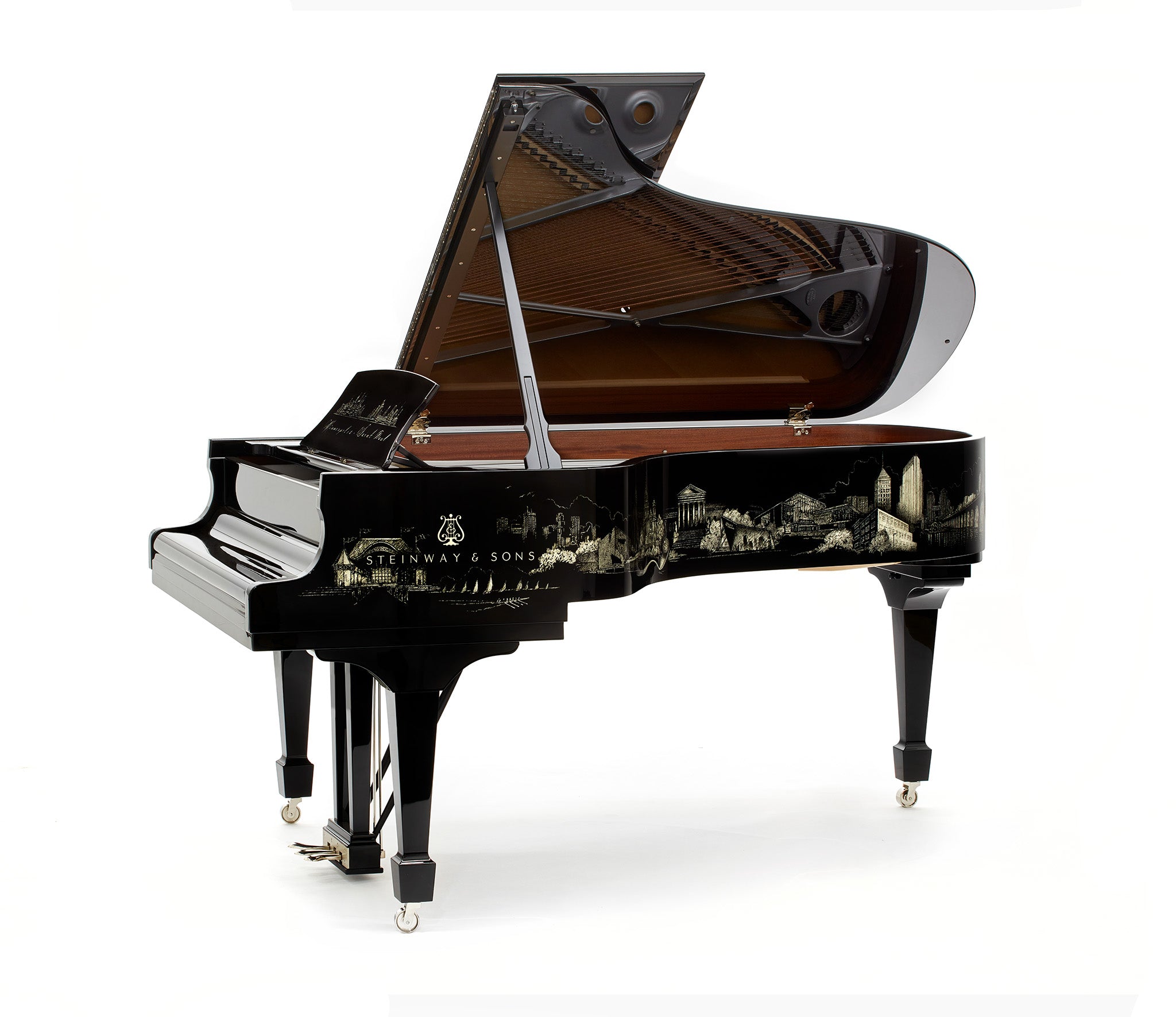When it comes to caring for your intermediate or professional trumpet, proper maintenance is key to ensuring optimal performance and longevity. Follow these expert tips to keep your instrument in top condition.
Regular Cleaning
It is essential to clean your trumpet regularly to prevent the buildup of dirt, grime, and bacteria. Use a soft cloth to wipe down the exterior of the instrument after each use, and clean the mouthpiece with warm, soapy water and a mouthpiece brush at least monthly. Additionally, give your trumpet a thorough cleaning with a snake brush and valve brush every month or so to remove any debris from the tubing and valves. Consult with a repair technician or your teacher about how to give your trumpet a proper bath.
Valve Maintenance
The valves are the heart of your trumpet, so it is crucial to keep them in excellent condition. Apply a drop or two of valve oil to the body of each piston every time you play to ensure smooth and efficient operation. Check for any signs of wear or damage, such as sticking or sluggish valves, and address any issues promptly to prevent further damage. IMPORTANT: Avoid spinning or rotating the valves in the casing: this can cause damage to the valve and impede fast action.
Lubrication
In addition to oiling the valves, it is essential to lubricate the slides of your trumpet regularly. Apply slide grease to the main tuning slide and slide oil to the valve slides to prevent them from sticking or seizing. Make sure to wipe off any excess grease to avoid attracting dirt and debris.
Avoiding “Red Rot”
In addition to cleaning the instrument, place a drop of valve oil in the leadpipe every day you play the instrument; this coats the leadpipe with oil and prevents pitting and red rot. If you discover significant red rot or pitting in your trumpet, bring it in for a consultation with a repair technician.
Storage
Proper storage is crucial to protecting your trumpet from damage. When not in use, always store your instrument in its case to prevent dust and moisture from accumulating and preserve the finish. Avoid exposing your trumpet to extreme temperatures or humidity, as this can cause damage to the finish and internal components.
Professional Inspections
Finally, schedule yearly inspections with a professional instrument repair technician to ensure that your trumpet is in optimal playing condition. A technician can identify any issues early on and make any necessary repairs or adjustments to keep your instrument performing at its best.
By following these care and maintenance procedures, you can prolong the life of your trumpet and enjoy years of beautiful music-making. Remember, a well-maintained trumpet is a happy trumpet!








